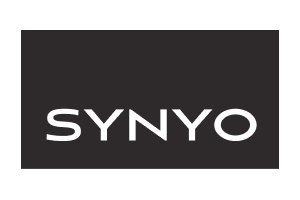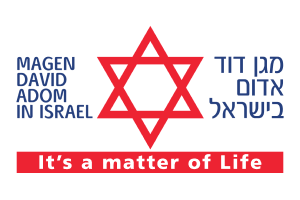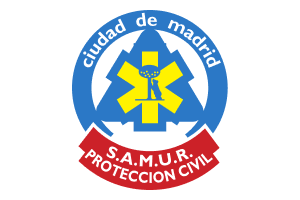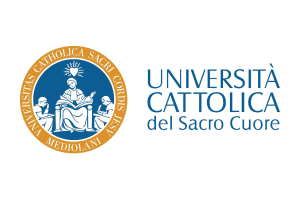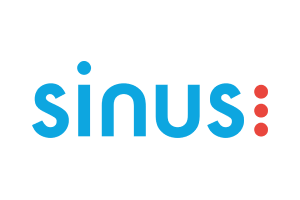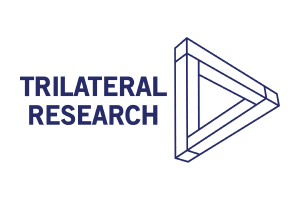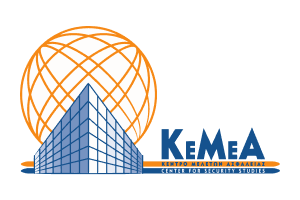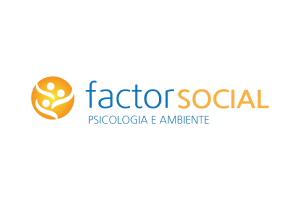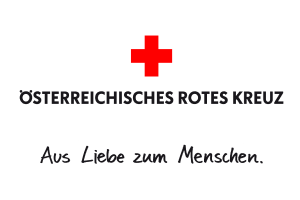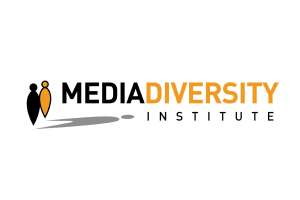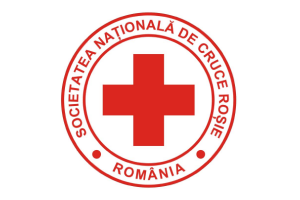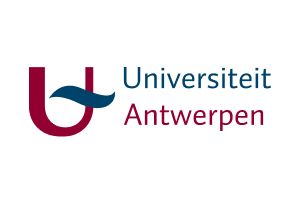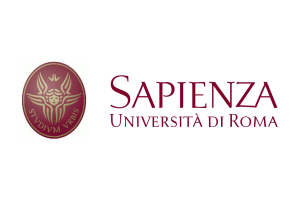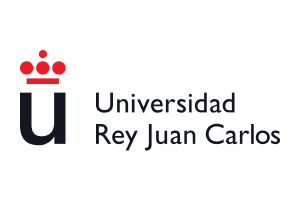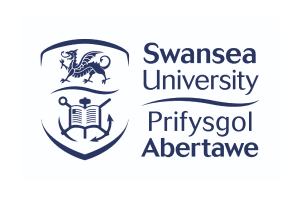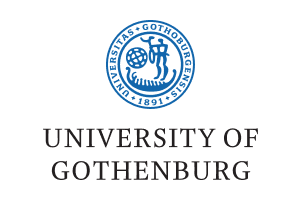SAMUR-Protección Civil is a pre-hospital emergency service operating in the City of Madrid under de management of the General Directorate of Emergency and Civil Protection (DGEPC) of the City Council of Madrid.
SAMUR-PC as a public institution has the responsibility to:
- Cover the first medical and psychological response in emergency situations in Madrid metropolitan area.
- Deal with the organization and attention of disasters and situations of public calamity. Provide International medical support to disasters under the umbrella of EU Civil Protection Mechanism.
- Channel and organize the voluntary public response to medical emergencies.
- Provide medical coverage during mass events at any foreseeable risk
- Provide education programs in basic emergency care measures for general population and non-medical first responders.
SAMUR- Protección Civil handle around 130,000 medical emergencies per year. To achieve this goal, counts on 22 operational stations strategically located all over the city, a fleet of 200 vehicles (Basic Life Support Ambulances, Advanced Life Support Ambulances, Rapid Intervention Vehicles, motorcycles and special operations vehicles),a staff composed of 800 public employees including physicians, nurses, EMTs, psychologists, pharmacist , sociologist and administrative personnel. Besides that, 1250 volunteers are part of the Organization.
During the project SAMUR-PC will provide experience and knowledge at all stages of COVID 19 pandemic: preparation, response at first and second wave of the disease, areas to be improved and best practices, identification of local/national/trans-border issues, including interoperability of plans. Assess the affectation of the COVID outbreak on the most vulnerable population. SAMUR also will participate in the review of studies on COVID-19 to identify relevant indicators, describe public health services and responses on the national level and social and cultural factors influencing public health response, collaborate in conducting empirical research on community and citizen responses, etc
SAMUR staff involved in the project:
Ms. Paloma Rey, RN, MSN. Female. Emergency nurse since 1990 in the prehospital and hospital seetings. Member of the management team of SAMUR-Protección Civil being part of the Quality Department. Currently Head of Unit of Quality Assurance, responsible for maintenance of Quality Certifications according to ISO 9001, ISO 22320, ISO 14001, EMAS, Madrid Excelente standards and the implementation of CAF Model. Coordination and participation of SAMUR-PC in EU Projects: NMFRDisaster, SECUR-ED, OPSIC, REACHING-OUT, 5-G TRANSFORMER , NO FEAR and Labyrinth.
Dr. Javier Acebedo, RN, MSN, Ph.D. Male. Emergency Prehospital Nurse since 1990. Professor in several postgraduate courses on Emergency Nursing, particularly in the prehospital setting, as well as he delivers classes related to the Science of Resuscitation. Doctoral Thesis focuses on the importance of the reflective thinking, the emotions, the intutive knoledge and the complexity, all of them related to the decision making process and the proffessional development in the emergency personnel. Active member of the Spanish Resuscitation Council. Involved in the pre-hospital assistance to patients with suspected or confirmed COVID-19 disease.
Ms. Paloma Miravet, RN, MSN. Anthropology degree Female. Emergency hospital and pre-hospital nurse since 1994. Responsible for quality control of nursing and EMTs performance on scene at SAMUR-PC Professor at European University of Madrid, CBRN instructor (Todd institute) Participating in several international missions (Haiti and Philippines) Introduction course of the European Civil Protection Mechanism. Participation in UE projects: Reaching Out, NO FEAR. Involved in the pre-hospital assistance to patients with suspected or confirmed COVID-19.
Dr. Alberto Hernández , MD, PhD. Male. Magister in Bioethics and Biolaw by UNESCO Chair. Specialist in Critical and Intensive Care Medicine. Transplant procurement management by Barcelona University. Advanced Life Support instructor initially by ERC and formerly by Spanish Society of Intensive and Critical Care Medicine (SEMICYUC). Teacher in master’s degrees of clinical echography and emergency. Board of Directors of Spanish Society of Intensive and Critical Care Medicine (SEMICYUC). ICU at 12 de octubre Hospital and Fundación Alcorcón in Madrid (2003-2017).Volunteer of SAMUR-Protección Civil since 1997.Emergency medicine in the prehospital setting (SAMUR) since 2017. Promoter of the multicentre study EPIPUSE on critical care patients. Involved in the assistance to ICU patients with COVID-19 at the contingency hospital deployed at IFEMA in Madrid. Participation in UE project NO FEAR.

